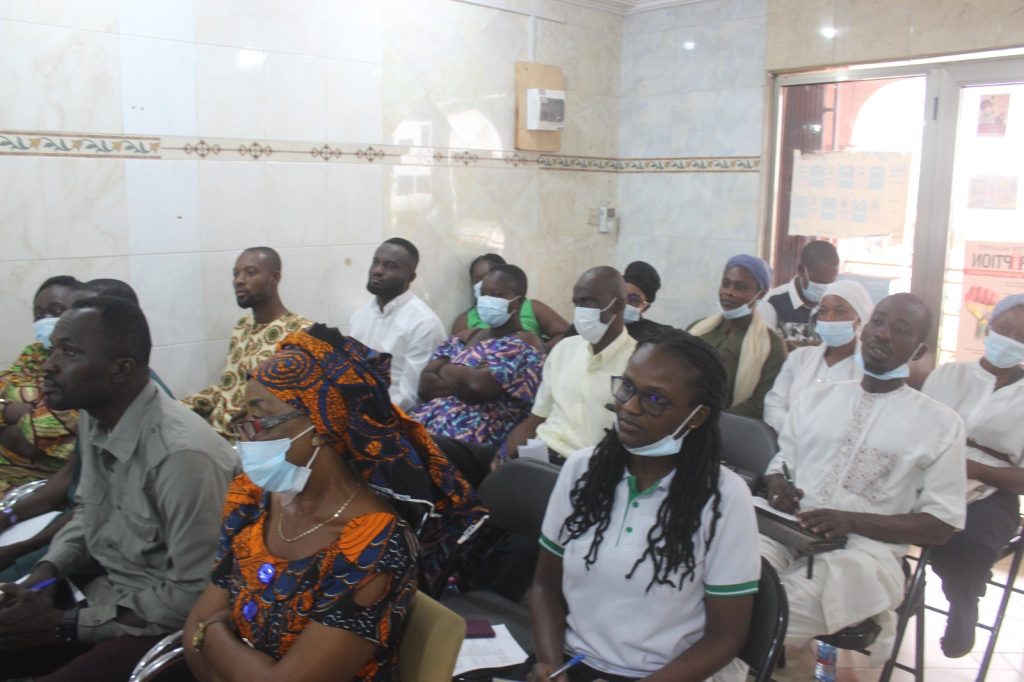By Yussif Ibrahim
Kumasi, Sept. 11, GNA – Key political parties in Ghana have pledged to create space for active girls and young women participation in politics as a strategy to promote their involvement in decision-making at all levels of national endeavour.
They believe it was the way to ensure inclusive governance which encompassed all interest groups, especially the vulnerable and marginalised in society.
The parties made the pledge at a sensitisation meeting on the involvement of girls and young women in leadership with political parties as part of the implementation of the “She Leads” project.
“She Leads” is a five-year project aimed at increasing sustained influence of girls and young women in decision-making and the transformation of gender norms in formal and informal institutions.
It is being implemented by Defence for Children International (DCI) in collaboration with Erudite Women Empowerment Foundation (EWEF), and Rights and Responsibilities Initiatives Ghana (RRIG).
The meeting, which sought to encourage political parties to create room for women participation in their activities, was attended by representatives of the National Democratic Congress (NDC), New Patriotic Party (NPP), Convention People’s Party (CPP), People’s National Convention (PNC) and the Progressive People’s Party (PPP).
The parties admitted the important roles girls and young women could play in their activities and expressed their willingness to encourage them to actively participate in mainstream politics.

Some of the parties said they already had existing structures that promoted women participation and promised to revamp those structures to make politics attractive for women.
Other parties also spoke of deliberate steps being taken to empower women in their parties, including appointing them for key roles such as members of communication and research teams.
This, according to them, would not only empower them to aspire for leadership positions, but also make them appreciate the importance of encouraging other women to leave their comfort zones and join politics.
They were also unanimous on the need to organise regular training for women to build their capacities to help position them to compete for public offices.
Madam Aba Oppong, the Executive Director of RRIG, took the participants through topics such as patriarchy, misogyny, ageism, feminism and the concept of affirmative action.
She said there was gender inequality in several areas of our national life with discrimination rife in governance, family life, and education among others.
On governance, she said fewer women were in the executive arm of government, the legislature and other leadership positions, adding that, the few ones in those positions were confronted with a lot of challenges.
She charged state officials responsible for pushing gender equality to be up and doing by ensuring the enactment of appropriate policies to promote women participation at all levels.
Ms Faustina Prempeh, Programmes Manager of DCI, said political parties could play critical role in boosting the confidence of women to put themselves up for election and leadership positions.
She encouraged the parties to give women, especially young ones the platform to develop their potentials and ensure gender balance in decision-making at all levels of governance.
GNA